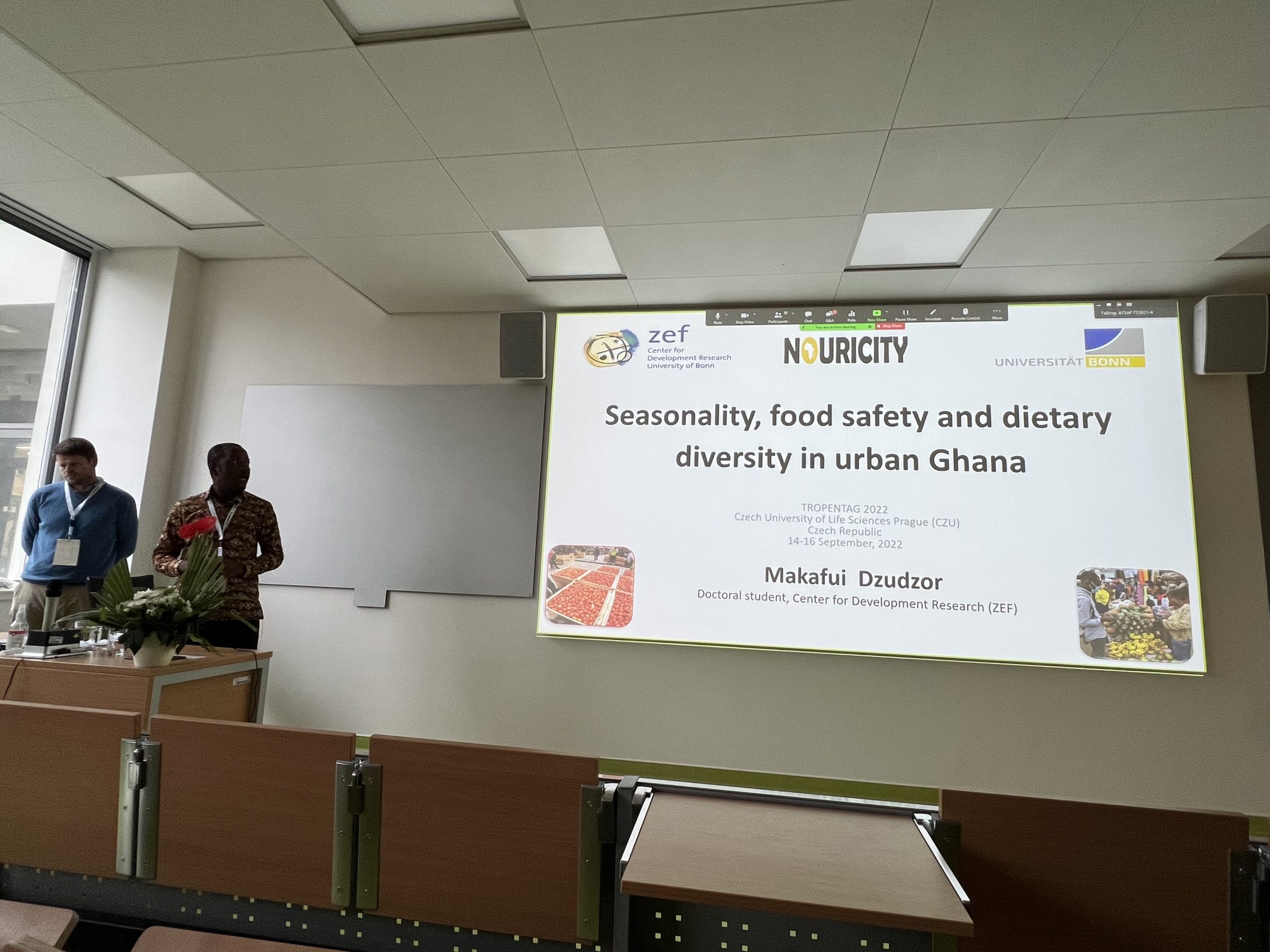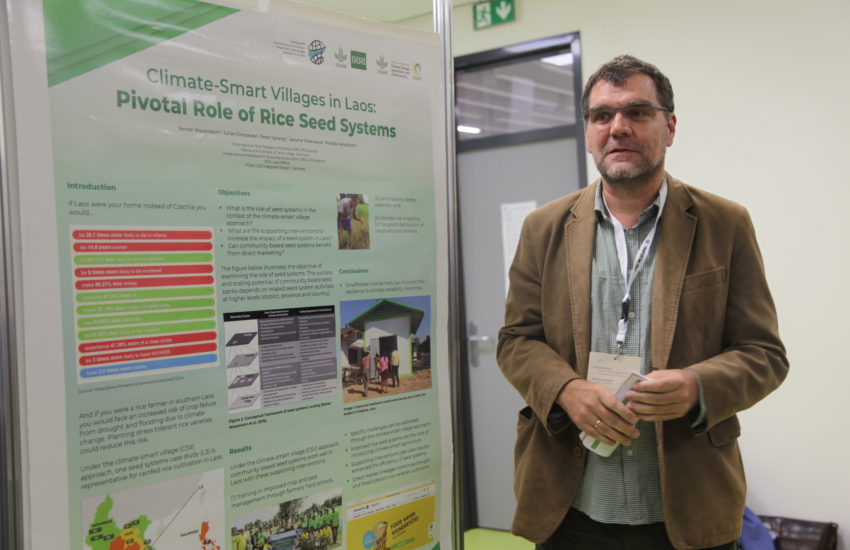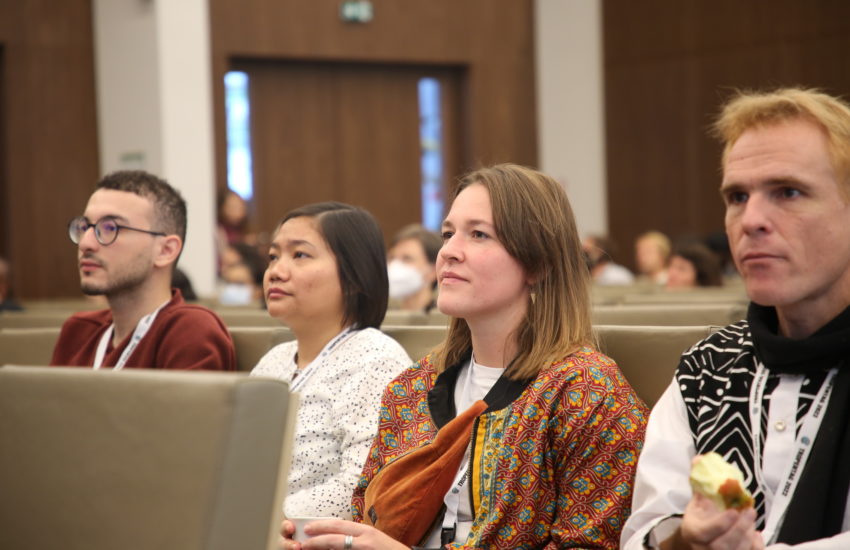“Dietary diversity is important as a pathway that can alleviate food and nutrition insecurity”
“There have been increased cases of triple burden of malnutrition which has heightened the food security situation in many developing countries, especially, in sub-Saharan Africa”, opined Mwanga Ronald, one of the presenters in the “Pathways to Improve Food and Nutritional Security” session here at Tropentag 2022 conference. His research work mainly aimed at determining how our food environment can be transformed to promote the uptake of nutrient-dense diets in rural households using a case study of the Lindi Region of Tanzania. He started the session on Wednesday evening, expressing his concern about the low-income status of these demographics and their undernourished diet patterns. He strongly suggests that government interventions are necessary to reduce this problem by engaging in extension services and policy implementation at grass-root levels.
Similar statements were given by the other four speakers, addressing the problem of malnutrition and food insecurity. Wily Desire Emera, a research scholar from Ghent University, Belgium, proposes that “Dietary diversity is important as a pathway that can alleviate food and nutrition insecurity”. He believes that consuming diversified foods guarantees diet quality and combats malnutrition in all forms. Makafui Dzudzor presented another exciting work on “seasonality, food safety and dietary diversity in urban Ghana”. She thinks that Urban markets are vital for dietary studies, as Africa is evidencing increasing urbanization day by day. She mentioned that Urban markets are susceptible to climate change, especially rainfall aberrations, due to which food availability, accessibility, and utilization are strongly affected. The study also observed food safety-related diseases like Diarrohea in these regions because of the poor water, sanitation, and hygiene (WASH) behaviour. She recommends considering potential cultural preferences while evaluating these results in uplifting these community’s diet practices.
Charles Wafula proposes that consumer awareness is critical to achieving this goal. Her work on child feeding programmes revealed that local knowledge in many African regions is relatively poor, leading to various social and health problems. She appreciated the work of health volunteer systems in these regions for a better child-feeding and care scenario. Concluding these outstanding presentations, both speakers and audience agreed that food and nutrition security in Africa could be achieved through collaboration between different organizations, raising awareness of health and sanitary systems, improving the literacy among rural communities and, importantly, enhancing their financial situations.



